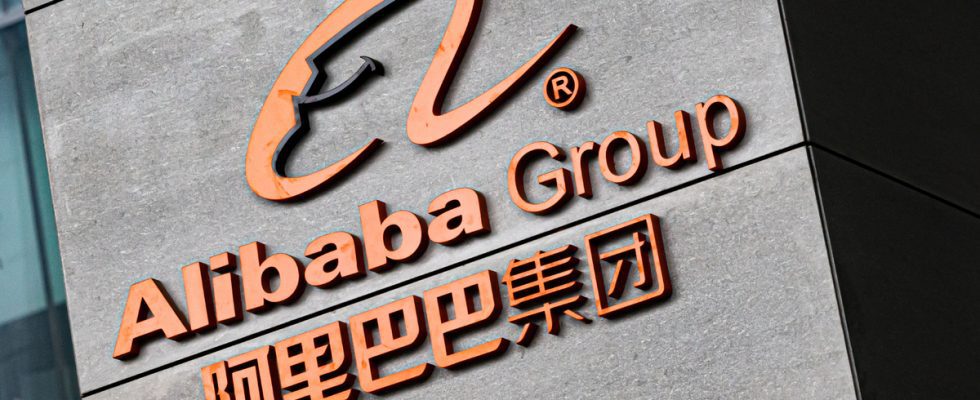Reorganization in sight at Alibaba. The Chinese e-commerce and cloud juggernaut plans to split into six units. This will allow the group to better promote its activities, in particular by introducing some of these new divisions on the stock market, while the capitalization of Alibaba on Wall Street has lost two thirds of its value for two years, and above all to appease the tensions with Beijing, which is careful to limit the influence of its technological champions.
In detail, the six entities will be as follows: Cloud Intelligence Group for the cloud, Taobao Tmall Commerce Group for e-commerce in China, Global Digital Commerce Group for international online sales (particularly with Lazada), Cainiao Smart Logistics for logistics, Local Services Group for on-demand services like home delivery, and Digital Media and Entertainment Group for media and entertainment (including video streaming). All these activities will henceforth be managed independently by their respective managing directors, with the exception of the Taobao and Tmall platforms which will remain 100% under the control of Alibaba.
Jack Ma, symbol of Beijing’s takeover of tech giants
In a memo sent to staff, Daniel Zhang, the current boss of Alibaba, described this transformation project as “the most significant governance overhaul in the platform’s 24-year history”. To his eyes, “this transformation will allow all our businesses to become more agile, improve decision-making and react more quickly to market changes”. In this context, Daniel Zhang will remain CEO of Alibaba, which will become a holding company overseeing the six units, like what Google did in 2015 with the reorganization of its structure around a new entity, called Alphabet.
These upheavals within Alibaba were announced the day after Jack Ma returned to China. This reappearance was cleverly staged, while the founder and former emblematic boss of the Chinese group had been very discreet for two years. In October 2020, Jack Ma had drawn the wrath of communist power after giving a speech in Shanghai in which he believed that regulators did not understand the needs of consumers and hindered innovation in the banking sector.
Beijing had banged its fist on the table by stopping the IPO of Ant Group, the subsidiary of Alibaba dedicated to payments, while Jack Ma had disappeared from radar screens for several months, before definitively withdrawing from business. It must be said that the criticisms of the former leader did not please the Chinese state, which had made a spectacular recovery to remind its local champions that they must stay in the nails if they want to continue to flourish, after having long benefited from rather lax regulations. Alibaba’s split into six separate units is proof that Beijing’s message got across. From there to think that Washington could draw inspiration from it to bring Gafam to heel, there is only one step that no longer seems so difficult to take.
